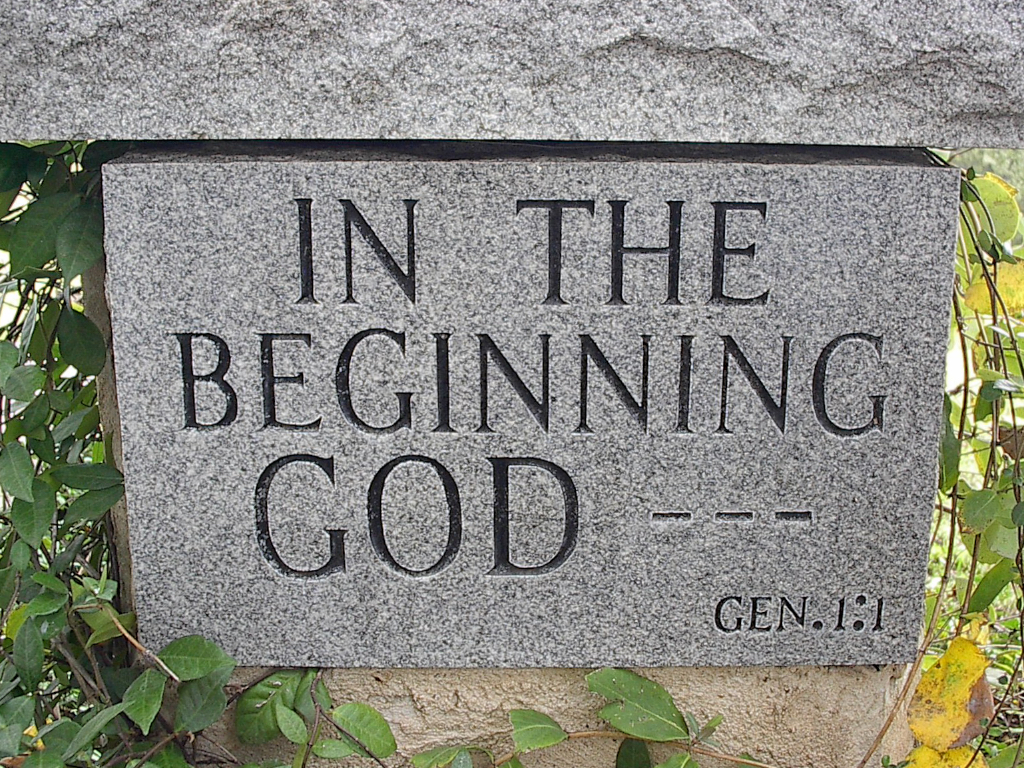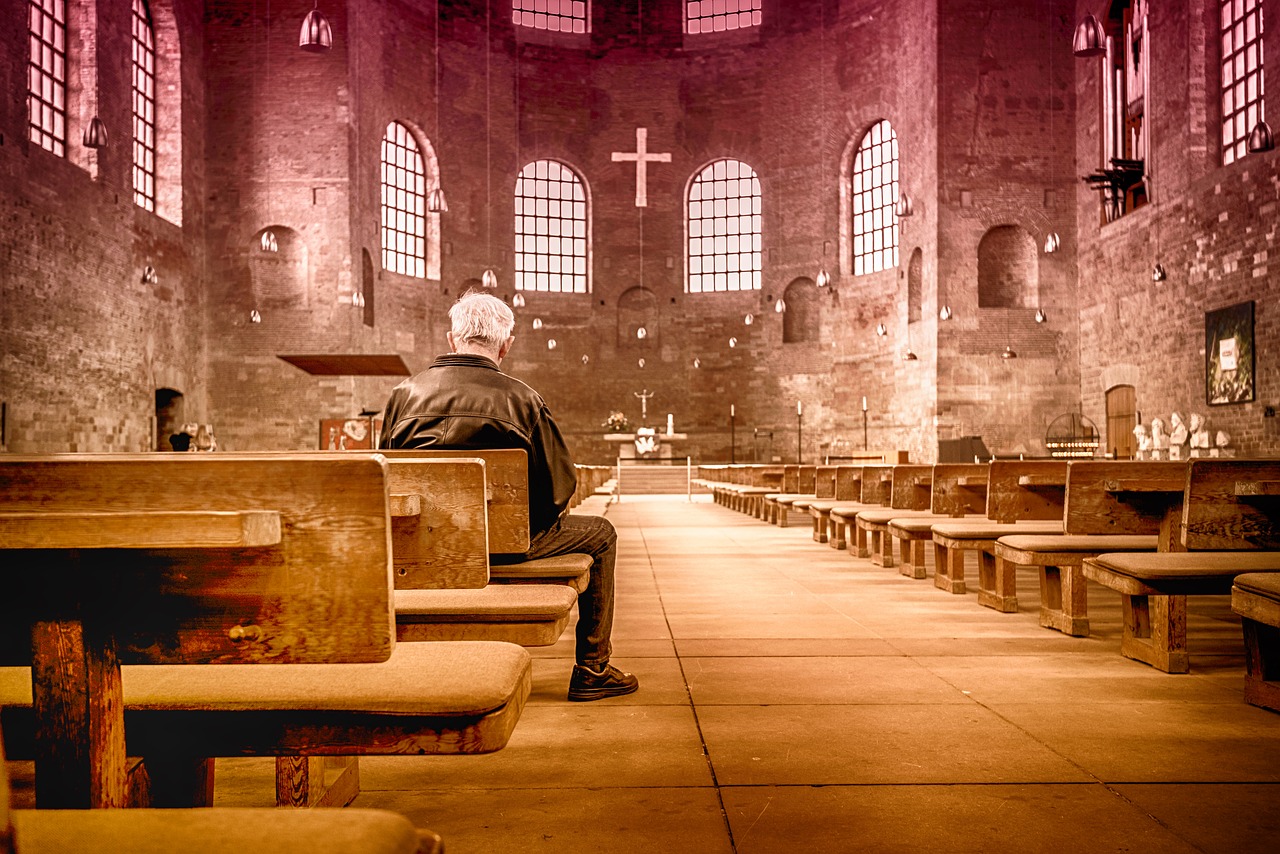
In my desire to understand my Lord and the Word of God, I often try to put myself in Jesus’ shoes. What was it like to be Jesus, walking the earth as a human? Especially this time of year, or whenever I read the Scriptures concerning the suffering of Christ, I am astounded anew at this fact: Jesus knew exactly what would happen to him before he said yes to it. He made that abundantly clear to his disciples:
“They were on their way up to Jerusalem, with Jesus leading the way, and the disciples were astonished, while those who followed were afraid. Again he took the Twelve aside and told them what was going to happen to him. “We are going up to Jerusalem,” he said, “and the Son of Man will be delivered over to the chief priests and the teachers of the law. They will condemn him to death and will hand him over to the Gentiles, who will mock him and spit on him, flog him and kill him. Three days later he will rise.” (Mark 10:32-34 NIV)
This wasn’t the first or only time Jesus said things like this. As the days grew closer, he repeatedly warned them of what would happen. This and other passages make it abundantly clear, that Jesus walked towards the cross in FULL DISCLOSURE of what would happen to him. The Father and the Spirit made sure Jesus knew everything. Not the fine print, not mentioned just once, not a “by-the-way” aside whispered to him the day before.
In Jesus’ day the prophets were read in synagogue every Sabbath. Jesus had heard them over and over throughout his life. One day, as he was listening to these scriptures read from the scrolls — perhaps even a time when he was reading — the Spirit begin to whisper to him, “This means you. This is what will happen to you, because YOU are the lamb of God, you are the Passover sacrifice, yours is the blood of the new covenant.”
We cannot know the exact timing, but we do know the most important thing we need to know: by the time this was at hand, Jesus knew it all by heart; that many days or even weeks before, he knew he would be reviled by his peers, leaders, even his family; that he would be betrayed by those closest to him; that he would be brutally flogged within an inch of his life, that he would be spit upon, publicly humiliated and sentenced as a criminal to die by the cruelest means of those days: nailed naked to a public cross in the way of the Roman rulers.
There is no doubt that Jesus had seen this very thing many times. The Romans were fond of leaving the bodies of criminals upon their death crosses to rot and be slowly picked apart by buzzards, as an example to those who might want to come against their kingdom. Therefore, Jesus not only knew the scriptures describing his fate, he had a very current visual image as a personal witness to what would take place. Yet amazingly, he kept walking resolutely towards that moment, passing by every opportunity to say no to it, rebuking his disciples’ denial, deflecting every attempt of his followers to convince him that couldn’t possibly be his fate.
In Bible study classes we often discuss Abraham and Isaac, and the time when God told Abraham to take his only beloved son — the son of God’s own promise — and slay him as the sacrificial lamb unto God. How old was Isaac, my students ask? As a little boy, wouldn’t it have been horrible for his father to do this to him? But Jewish historian Josephus says that Isaac was a grown man of 25; that Abraham explained what God had asked, then affirmed his commitment to honor and trust God no matter what — which Abraham had no doubt also instilled in his son. Josephus says that Isaac immediately and without question reaffirmed his love for his father and his personal trust in God, and laid down his life willingly. He climbed up on that altar and allowed himself to be bound and entrusted entirely to the will of God, whether life or death. In their case, Abraham had three days to make this journey; Isaac had only immediate notice. Both Isaac and Abraham did what they did in full trust and love for God and one another. In a beautiful prophetic illustration of what would take place centuries later to fulfill God’s covenant with Abraham through the New Covenant, their covenant was tested between a God who would give his only begotten Son and a man who gave his only son, and fulfilled in each case by a son willing to lay down his life in full love, trust and obedience.
So. It is one thing to know that your mission is to die for another; it is quite another to know the gory details for quite some time, and keep your resolve. We tend to focus on his testing in the Garden of Gethsemane, but we forget that Jesus had had many days to ponder something that any human being would struggle with, and he had chosen repeatedly to say yes to this brutal death.
Imagine you receive a note from a terrorist group like ISIS tomorrow that says, “We are holding your family captive; you must turn yourself over to us in exactly ten days, or we will torture and kill them all. Understand that we will torture you and put you to death in the slowest, most painful way possible. But if you give yourself to us for this, we will set your family free to live. There is no other way.”
I love my family dearly, and would say quickly if you ask me, “Yes of course I would lay down my life for them!” But the truth is that in my human weakness, as each day of those 10 days passed I would likely struggle deeply with that decision and can imagine my resolve to save them wavering. Most of us couldn’t really know how the story would end unless we actually faced that moment. I do hope none of us ever have to find out; but it is a worthwhile contemplation because it brings a fresh perspective on what it must have been like for Jesus, as fully human as you and I, subject to the same temptations. He was different from us primarily in his choice to live a life of total obedience and dependence upon the Holy Spirit, a lifestyle whose fruit was a real relationship with his Heavenly Father — something available to us, but pursued by too few. But that’s a different discussion.
Jesus’ love for man was no doubt tested relentlessly as he worked with people who were weak, selfish, unfaithful, behaving in many ways unworthy of the great sacrifice he was about to make. In point of fact, in Mark Chapter 10 above, right after Jesus reveals what he will suffer, James and John blithely asked for positions of honor on his right and left. In other words, they were all full of self-concern. I can only imagine how I would feel: my mind full of images of how I will soon suffer horribly for you, and you, one of my closet friends, responding with, “So when it’s all over do I get first dibs on your favored right hand?” If these men consoled Jesus, encouraged him, tried to strengthen him or show appreciation for what he was about to do, it is not recorded for us in scripture. Yet Jesus responded to these unworthy souls with simple truth, then turned and resolutely kept walking towards the moment he would give these unworthy ones life through the horrible suffering in his human soul and body.
So how did Jesus hold onto His resolve? What was the key to the passion of Christ? I believe it was the sheer joy of knowing the Father. I take this from John 17:3, the great prayer of Jesus before his arrest: “Now this is eternal life, that they may know you.” Knowing the Father had become was the greatest joy of Jesus’ human life, and indeed was for him the very definition of abundant life. He wanted us to have that joy! And loving and understanding his Father’s heart, he knew his Father wanted that relationship, wanted to share life with his people, for he had spoken through the prophet Jeremiah of a New Covenant in which “they will all know me, from the least of them to the greatest.” He wanted it enough to ask His Son to do this terrible thing, to be the sacrifice, to lay down his life.
This is the prize Jesus was going for: to open the way for us to have relationship with the Father by means of that New Covenant. Jesus had heard Jeremiah 31 in synagogue countless times: “They will all know me, from the least of them to the greatest.” So far, Jesus was the only human who had truly tasted the joy of knowing the Father, and it was worth everything. More than anything, Jesus wanted this for us AND the Father.
So when you hear the phrase “the passion of Christ” this Easter season, remember this: Christ’s great passion is His love for you and for his Father, a passion that was reaffirmed repeatedly in the face of full disclosure of what he would suffer. He didn’t just love you on the cross; he didn’t just lay his life down in the moment he gave up his Spirit; he laid down his life every day of his ministry on earth, in every moment of testing in the weeks that led up to the cross. That is the passion of Christ. YOU are the passion of Christ.
Let us live worthy of that passion, my friends. We do that best by living the way He lived, full of the Spirit and living to know His Father, and Our Father.
Bless you as you do, Tonia








Leave A Comment